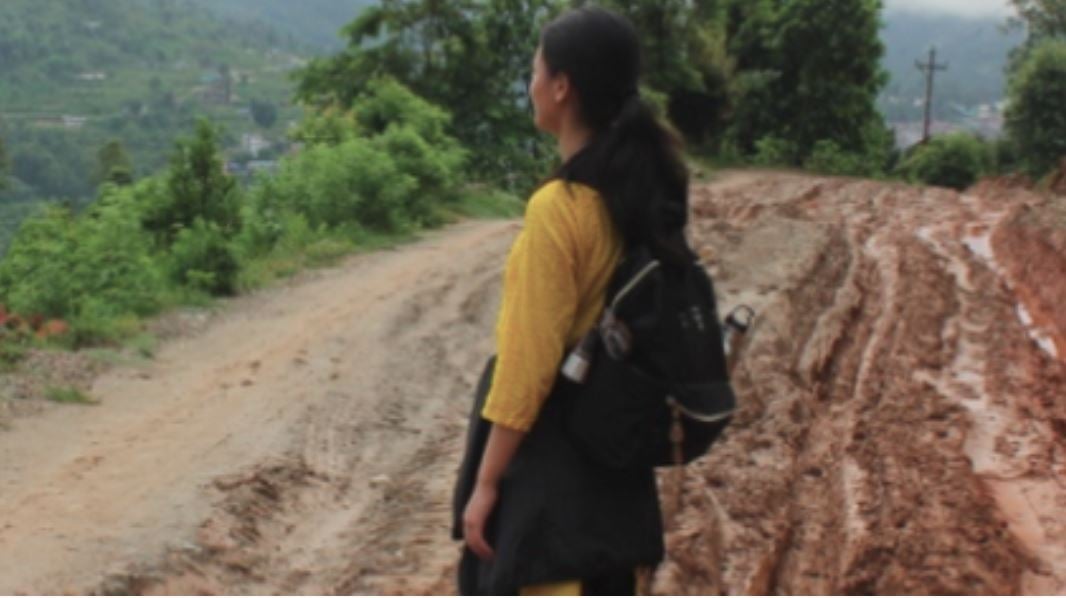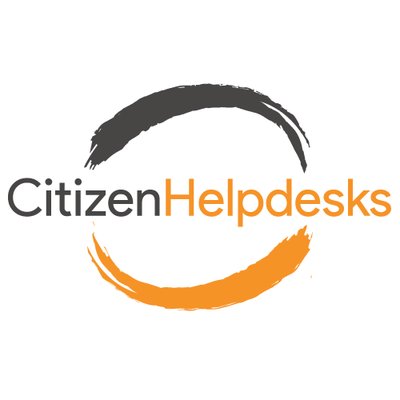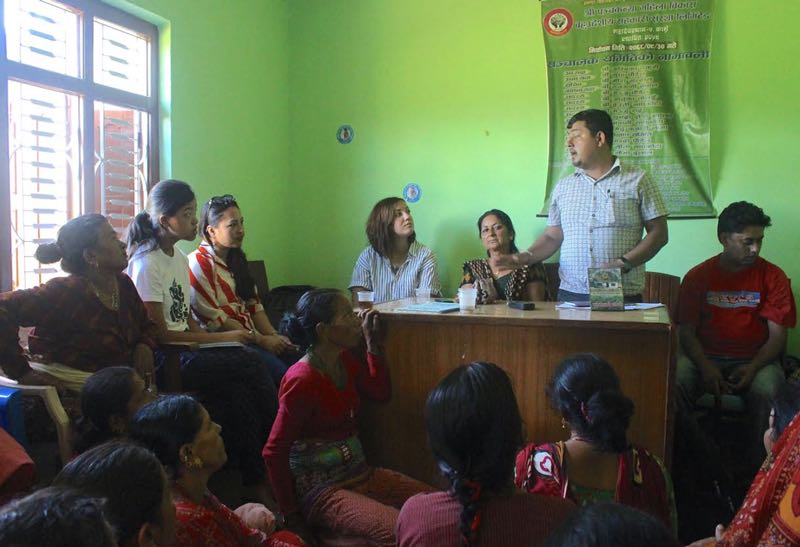A look at our Citizen Helpdesks model
This presentation prepared by Accountability Lab gives a deeper understanding of how our Citizen Helpdesk program works. Citizen Helpdesks are a pioneering citizen feedback, dialogue and community voice platform to ensure accountability in the development process. The Helpdesks collect critical information from hundreds of communities to solve daily problems for citizens and close the loop on challenges related to everything from service delivery, to human trafficking, to natural resource management and security issues. Citizens and communities are rarely consulted about the decisions that affect their lives, particularly in hard-to-reach places. Where information is collected from them, the process is extractive, [...]






